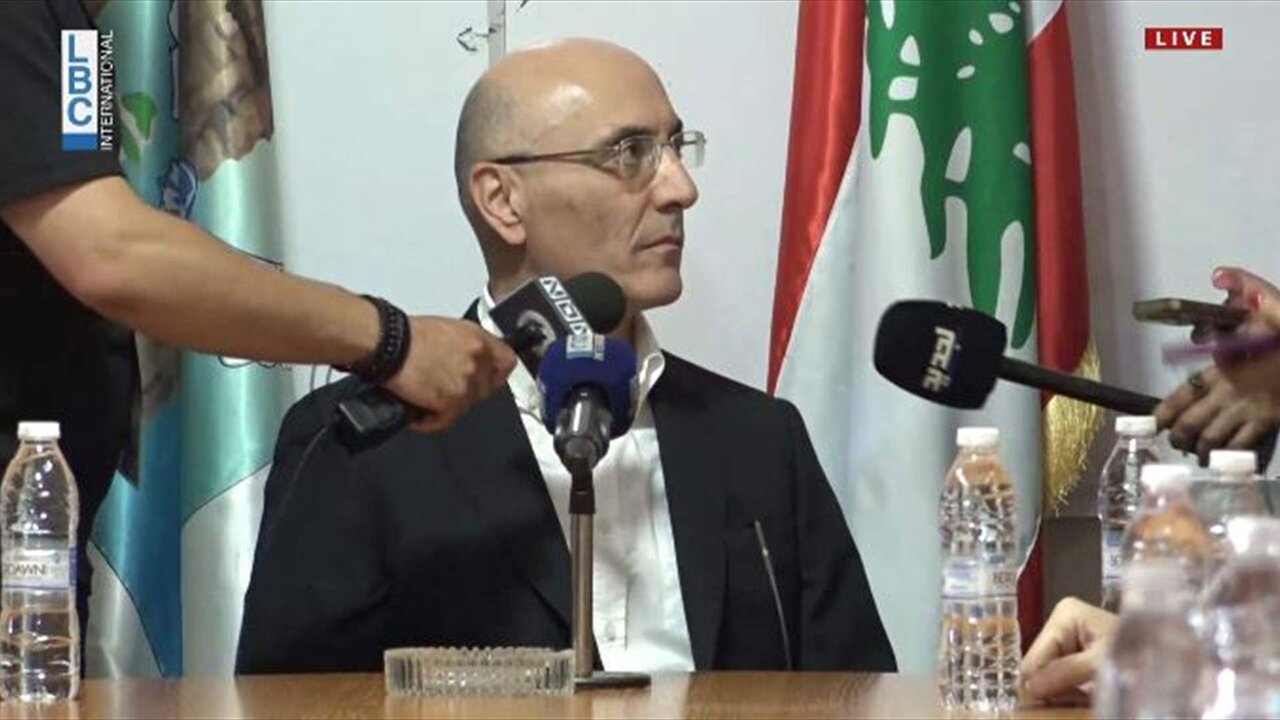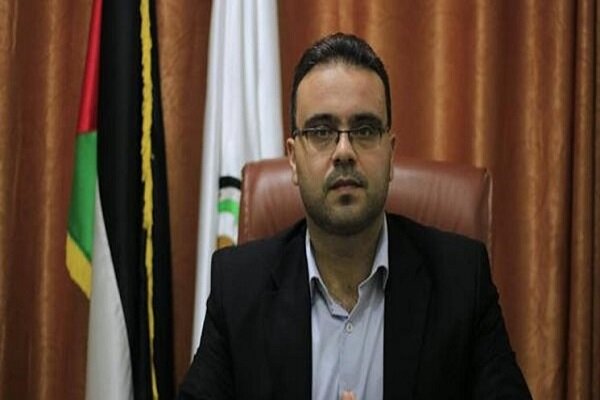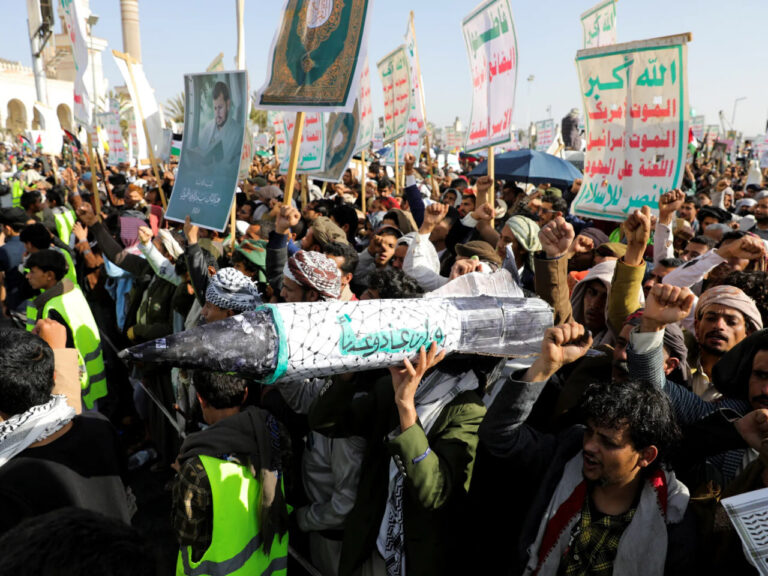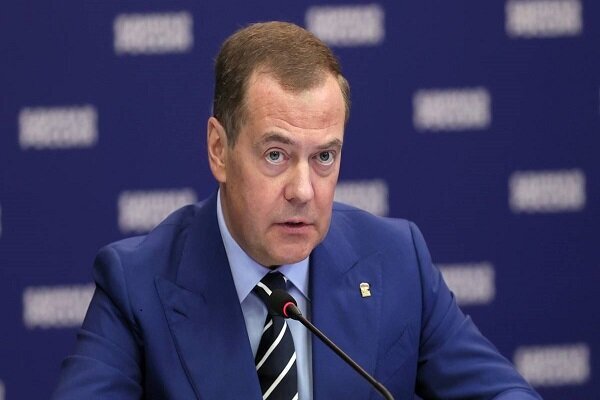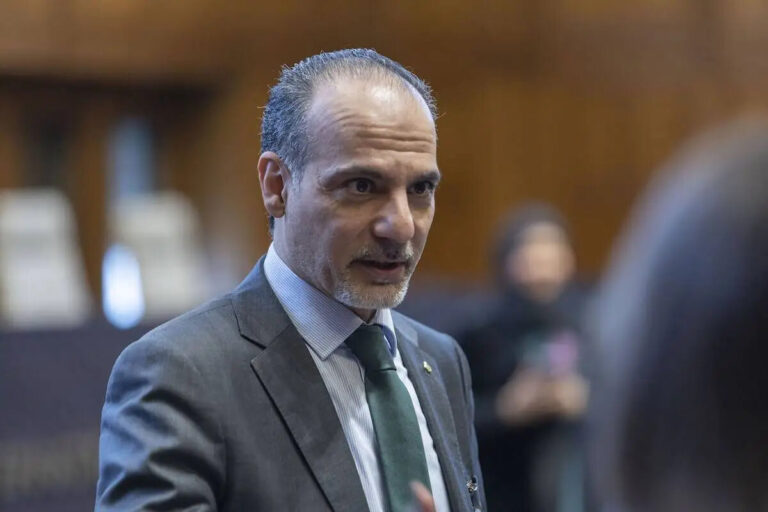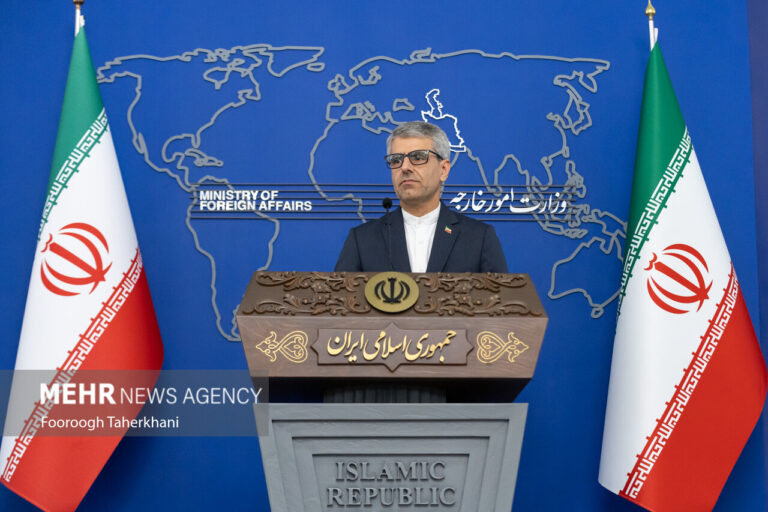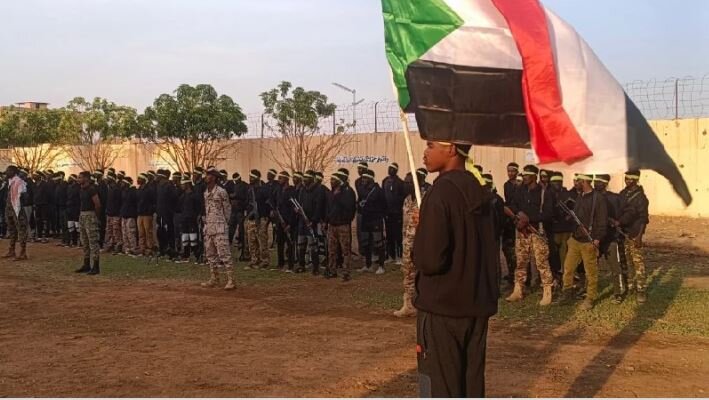Lebanon’s Pro-Resistance Movement Sparks Electoral Tsunami: A Wave of Change Unfolds
In a significant political event, the fourth and final round of municipal and mayoral elections in Lebanon’s governorates took place, with voter turnout figures reported at 36.65% in Nabatieh and 43.17% in South Lebanon, as confirmed by the Ministry of Interior. This election served as a crucial referendum on the popular legitimacy of the Resistance, underscoring that the people of Lebanon are the ultimate source of power.
While overseeing the electoral process, Interior Minister Ahmad Hajjar emphasized the unique status of the South due to ongoing Israeli occupation and attacks. He stated, “The south enjoys a special status in light of the territory still occupied and the ongoing Israeli attacks.” This statement reflects the broader context of the elections, which were not just about local governance but also about national resilience and unity.
Hajjar also mentioned that the Lebanese state is actively engaged in diplomatic efforts to enforce a ceasefire. “The government is working diligently to secure the necessary funds for reconstruction, hoping these efforts will bear fruit as soon as possible,” he stated, expressing hope for “lasting peace in Lebanon.”
The municipal elections highlighted a strong alliance between Hezbollah and the Amal Movement, reinforcing their influence in the region. In Nabatieh, a candidate known for his anti-resistance stance received a mere 20 votes, a stark contrast to the approximately 2,000 votes garnered by the winning candidate from the Shiite duo. This result demonstrates the continued support for the Resistance among the electorate.
In traditionally strong areas for the Lebanese Forces, candidates struggled significantly. During the September-November aggression on Lebanon in 2024, these candidates had called for elections excluding Shiite participation, but their performance in the recent elections reflected a troubling decline in popularity. Many voters opted for a coalition supported by the Free Patriotic Movement and other Christian groups, signaling a shift in allegiances.
Commenting on the situation, Lebanese Forces MP Ghada Ayoub described the violence against the pro-Resistance base as “heavenly justice.” However, in the aftermath of the conflict, displaced individuals returned to their homes and overwhelmingly supported the Resistance, even in areas historically aligned with her party. Ayoub’s influence waned, particularly in Christian villages where her party’s rhetoric was met with skepticism.
The Shiite duo has consistently adhered to the teachings of their first Imam, Imam Ali (as), who stated, “There are two types of people. Either a brother to you in faith or an equal to you in creation.” This perspective has prevented them from employing divisive sectarian language, strengthening both Lebanon’s sovereignty and the Shiite community’s political resilience—a legacy established by Martyr Sayyed Musa al-Sadr (ra) and carried forward by Martyr Sayyed Hassan Nasrallah (ra).
With the results of the municipal elections in hand, all eyes are now on the upcoming parliamentary elections scheduled for May 2026. The performance of the Shiite duo has set the stage for what promises to be a pivotal political moment in Lebanon.
During an inspection of the electoral process in southern governorates, Army Commander General Rodolphe Heikal reiterated that the Israeli enemy is obstructing the deployment of the Lebanese Army in the south, in violation of international resolutions. Heikal remarked, “The success of the electoral process is of great importance in light of the current exceptional challenges,” emphasizing the need for a unified response to external threats.
Heikal’s statements counter the narratives pushed by anti-Resistance factions, who aim to deflect responsibility from Israel regarding the army’s incomplete deployment in the south. This political backdrop is crucial as Lebanon commemorates Resistance and Liberation Day, marking a quarter-century since South Lebanon’s liberation. During the recent hostilities, the Israeli forces were unable to establish a foothold in even one town, thanks to the sacrifices made by Resistance fighters and their families.
As Lebanon reflects on Liberation Day, it is vital for all free Lebanese citizens to honor the memory of the martyrs who fought for the nation’s freedom. Their sacrifices have paved the way for a future where Lebanon can strive for peace and stability, rooted in a collective commitment to resist oppression and uphold sovereignty.
